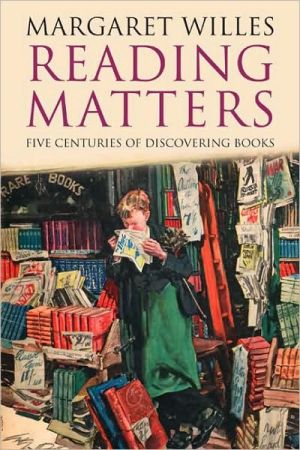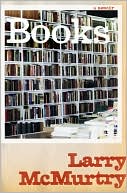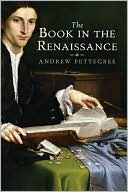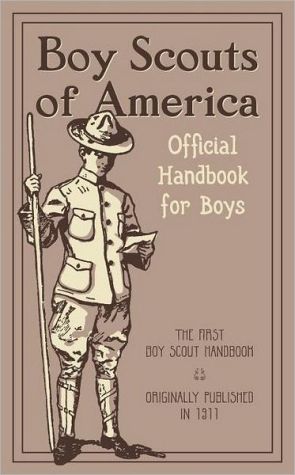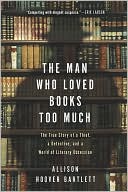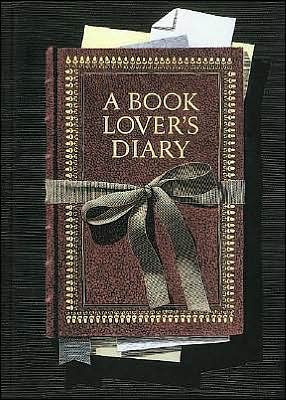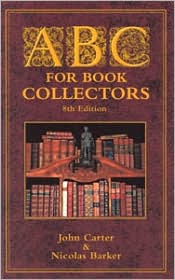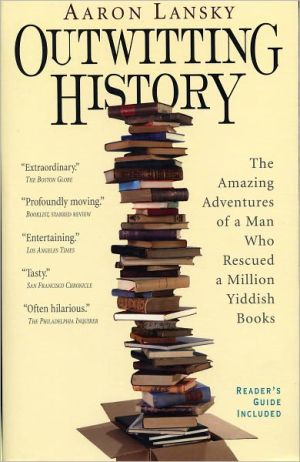Reading Matters: Five Centuries of Discovering Books
It is easy to forget in our own day of cheap paperbacks and mega-bookstores that, until very recently, books were luxury items. Those who could not afford to buy had to borrow, share, obtain secondhand, inherit, or listen to others reading. This book examines how people acquired and read books from the sixteenth century to the present, focusing on the personal relationships between readers and the volumes they owned. Margaret Willes considers a selection of private and public libraries across...
Search in google:
It is easy to forget in our own day of cheap paperbacks and mega-bookstores that, until very recently, books were luxury items. Those who could not afford to buy had to borrow, share, obtain secondhand, inherit, or listen to others reading. This book examines how people acquired and read books from the sixteenth century to the present, focusing on the personal relationships between readers and the volumes they owned. Margaret Willes considers a selection of private and public libraries across the period—most of which have survived—showing the diversity of book owners and borrowers, from country-house aristocrats to modest farmers, from Regency ladies of leisure to working men and women. Exploring the collections of avid readers such as Samuel Pepys, Thomas Jefferson, Sir John Soane, Thomas Bewick, and Denis and Edna Healey, Margaret Willes also investigates the means by which books were sold, lending fascinating insights into the ways booksellers and publishers marketed their wares. For those who are interested in books and reading, and especially those who treasure books, this book and its bounty of illustrations will inform, entertain, and inspire.Publishers WeeklyBook collectors are an eccentric but persistent lot, as Willes shows in this history of the buying and selling of books. With an emphasis on Great Britain (one chapter is devoted to Thomas Jefferson), Willes, former publisher of the National Trust, tackles her subject with considerable learning and with a gusto atypical of a scholarly volume. Of especial interest are insights on Samuel Pepys's diary entries on books acquired; the first memoir of an English bookseller in 1705, The Life and Errors of John Dunton; the significance of the spread of coffee houses in Britain during the 18th century (not unlike the "Starbucks effect" on the Internet generation); the 16th-century origins of the Frankfurt Book Fair and the paperback and bookstore-chain revolutions of the 20th century. The role of women as collectors and disseminators, from Bess of Hardwick in the 16th century to Oprah Winfrey, is notable. There's a wealth of information here, though some chapters cohere more successfully than others, and a somewhat breathless final chapter surprisingly omits Amazon and e-books as they relate to collecting. 90 illus. (Nov.)Copyright © Reed Business Information, a division of Reed Elsevier Inc. All rights reserved.
Ch. 1 Books do furnish a room : the books of Bess of Hardwick and the Cavendish family 1Ch. 2 Enjoyment of all that's worth seeking after : the books of Samuel Pepys 28Ch. 3 Distance learning : three provincial libraries 56Ch. 4 A Founding Father : the books of Thomas Jefferson 83Ch. 5 Building a library : the books of Sir John Soane 109Ch. 6 A little light reading? : face and fiction in Georgian Britain 136Ch. 7 Rare and curious : the books of Charles Winn 168Ch. 8 The common reader : books for working men and women 193Ch. 9 Children of the revolution : the books of Denis and Edna Healey 233App Equivalent values of the pound 263Notes 264Further reading 276Index 283
\ Publishers WeeklyBook collectors are an eccentric but persistent lot, as Willes shows in this history of the buying and selling of books. With an emphasis on Great Britain (one chapter is devoted to Thomas Jefferson), Willes, former publisher of the National Trust, tackles her subject with considerable learning and with a gusto atypical of a scholarly volume. Of especial interest are insights on Samuel Pepys's diary entries on books acquired; the first memoir of an English bookseller in 1705, The Life and Errors of John Dunton; the significance of the spread of coffee houses in Britain during the 18th century (not unlike the "Starbucks effect" on the Internet generation); the 16th-century origins of the Frankfurt Book Fair and the paperback and bookstore-chain revolutions of the 20th century. The role of women as collectors and disseminators, from Bess of Hardwick in the 16th century to Oprah Winfrey, is notable. There's a wealth of information here, though some chapters cohere more successfully than others, and a somewhat breathless final chapter surprisingly omits Amazon and e-books as they relate to collecting. 90 illus. (Nov.)\ Copyright © Reed Business Information, a division of Reed Elsevier Inc. All rights reserved.\ \ \ \ \ Library JournalRelying on primary sources such as correspondence, invoices, and diaries to profile the book-buying practices of prominent individuals, Willes depicts the transformation of the book in England from luxury item to commodity. Nine detailed chapters introduce readers equally to reading tastes, family travails, and the developing publishing industry. Willes, former publisher for the National Trust, moves chronologically from Bess of Hardwick (b. 1527) to political and literary leaders Denis and Edna Healey (born 1917 and 1918, respectively), granting one American, Thomas Jefferson, a chapter among the dozen English individuals presented. Unlike other profile collections, such as Pre-Nineteenth-Century British Book Collectors and Bibliographers, Willes's book occasionally departs from highlighting individuals: Chapter 6 discusses distribution of fiction in the 1700s, and Chapter 8 describes the trend toward greater literacy in the late 1800s. Addressing readers familiar with English culture, Willes does not always explain references to historical events or aspects of English units of currency. Reproductions of artwork and chapter notes enhance this thoroughly researched, interdisciplinary work. Recommended for academic libraries.\ —Marianne Orme\ \ \ \ Virginia Quarterly Review"A handsome, richly illustrated ramble through the history of book buying. . . . This is a charming book, full of digressions—biographical and historical nuggets abound—but it is also clearly the fruit of a remarkable range and depth of research."—Peter Walpole, Virginia Quarterly Review\ — Peter Walpole\ \ \ \ \ \ Academia". . . . This is a fascinating book for anyone with a touch of bibliomania. . . . Much of the information is relevant to book lovers and librarians everywhere. After reading this book, you''ll never think of book ownership in quite the same way again."— Academia\ \ \ \ \ \ Library and Information History“. . . enchanting and delightful. . . . Willes’s diligent and skillful research in a wide range of archives is demonstrated on every page. . . . [C]aptivating; it is at once both instructive and entertaining. Anyone who loves books and their history will love Reading Matters.” — Peter H. Reid, Library and Information History\ — Peter H. Reid\ \ \
